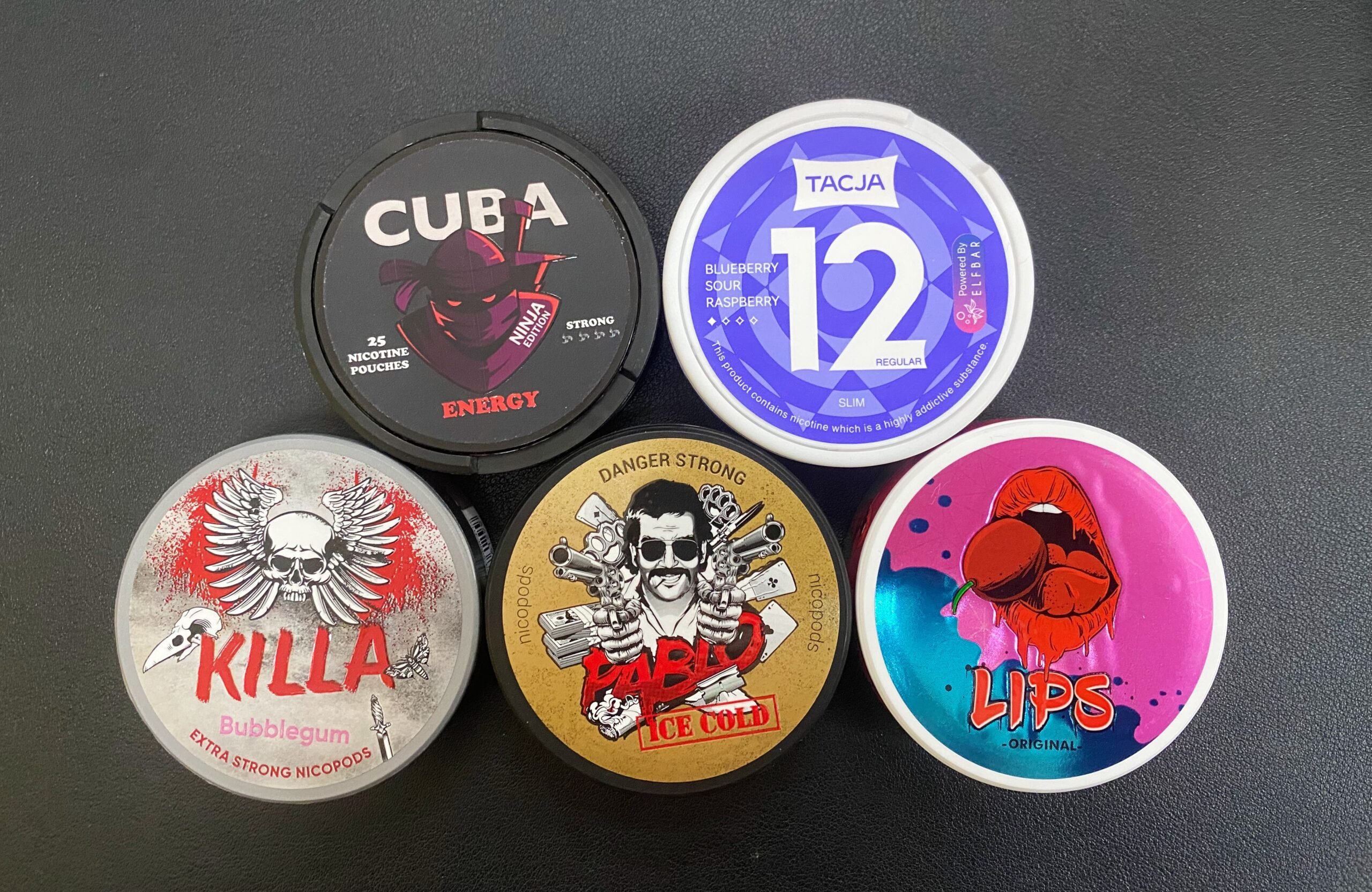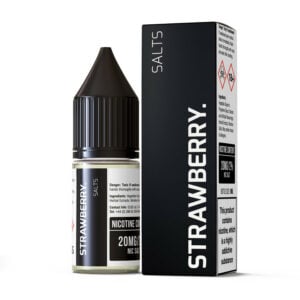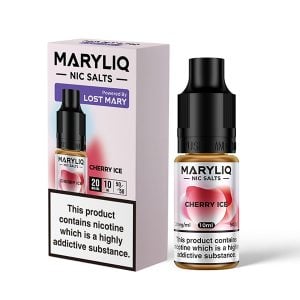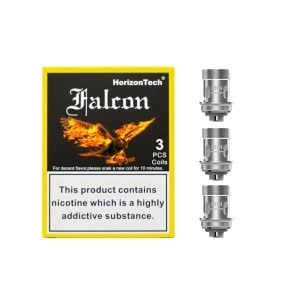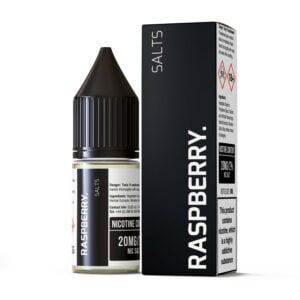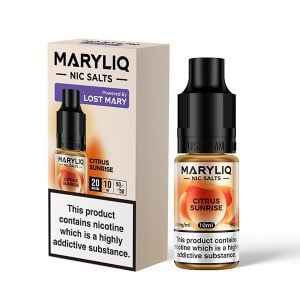Nicotine pouches were introduced to the UK market in 2019, hence why there is so little evidence and knowledge on the product regarding population health and harm reduction.
Despite being currently legal in the UK, as they are considered a tobacco-free alternative to smoking, due to the lack of research on their safety and effectiveness, the NHS currently do not recommend them for aiding smoking cessation as opposed to NRTs and e-cigarettes.
The Rise of Nicotine Pouches
The Nicotine Pouch Report 2023 found that on average, three cans of nicotine pouches were consumed each week by users across the UK, with the East of England having the highest proportion of “high frequency pouch users” – 24% reported using 5 cans or more per week. The population’s favourite brands of 2022 appeared to be Nordic Spirit, Velo, On! and Loop.
Over half of the consumers (57%) stated that their reason for using nicotine pouches was to quit smoking. 13% started using them out of curiosity and 25% were introduced to them by family or friends offering them one to try.
A study published by Jama Network found that overall sales of nicotine pouches in the U.S. increased from 126.06 million units from August to December 2019 to 808.14 million units from January to March 2022. The brand Zyn alone rose by 58.8% in the same time period.
Use of Snus/Nicotine Pouches in the Sport Industry
A study was conducted by Loughborough University to explore the usage and perceived health and performance effects of nicotine pouches among professional footballers.
Commissioned by the Professional Footballers’ Association (PFA), 679 participants were surveyed: 628 men from Premier League or EFL clubs and 51 Women’s Super League players. The study found that 18% of the male players and 22% of the female players use nicotine pouches. 42% of the male and 39% of the female respondents said they had tried the product at lease once in the past.
The report found that the most common reasons players were using nicotine pouches and Snus were for relaxing and when socialising with their teammates and peers. Club staff said that players mostly used them after training, after matches and on their days off as a “coping mechanism” to help unwind. Out of 84 men and 11 women, 56% and 36% respectively cited that it helped them relax. Out of 45 men and 11 women players who perceived benefit from using the product, 29% and 55% respectively cited improved mental readiness.
The report suggests that the figures of players using Snus or nicotine pouches are likely higher due to players who may not want to disclose use, despite the survey being anonymous.

Jamie Vardy, England and Leicester City striker, admitted that he used nicotine pouches in his autobiography ‘From Nowhere’. “One of the lads introduced me to snus when I first signed for Leicester and I found that they helped me to chill out.” He continued to say that “a lot more footballers use them than people realise, and some lads even play with them in during matches.”
Dr Daniel Read, lead researcher and lecturer at the Institute for Sport Business, Loughborough University London, said:
“There has been growing interest concerning Snus use in English football. Overall, the findings show that Snus and tobacco-free nicotine pouch use among professional footballers is higher than typically seen in the UK general population and players often use these products to relax and manage stress.
In terms of player support, the evidence provides a starting point to help players make an informed decision about their use. The report also details initial guidance to clubs and football organisations about how to help players looking to reduce or stop their use.”
Dr Michael Bennett, Director of Player Wellbeing as the PFA said:
“Importantly, these findings tell us that while a lot of players appear to be looking to substances like Snus as a coping mechanism to handle the growing demands of the game, many are not fully aware of its effects and addictive qualities.
As the player’s union, our primary concern is our members’ welfare. This research will help us ensure that the PFA’s own support services, and those of club medical teams, are grounded in football-specific evidence and tailored to the needs of players.”
It’s important to note that most players used nicotine pouches rather than tobacco-based Snus, however they often refer to nicotine pouches with the term ‘snus’. Snus is a smokeless oral tobacco product, contained in a small pouch that users fit in between their upper lip and gum, similar to tobacco-free nicotine pouches. Snus products are illegal to sell in the UK, whereas nicotine pouches are legal.
What Makes Nicotine Pouches So Appealing?
One of the main appeals of nicotine pouches is their discretion and convenience. Because of their small size and odourless aspect, they can be used anywhere to provide users their nicotine hit without drawing any unwanted attention or trouble in the likes of situations where vaping is impractical or frowned upon, such as public spaces and transport, social events or professional settings.
Another key advantage is that they’re widely available for purchase online and in many retail stores such as supermarkets, corner shops, vape specialist stores and even pharmacies. Not only are they readily available, but they’re also much more affordable in comparison to cigarettes, each pack retailing for around £5-7, to remain a cost effective and sustainable aid for a smoke-free lifestyle.
Nicotine pouches come in a wide array of flavours, from mint to fruits, energy drink to bubblegum, there’s something for everyone. Several studies have backed up the importance of flavours, with fruit and sweet flavours being the most successful for supporting the transition from tobacco smoking and preventing relapse.

A recent study published in The American Journal on Addictions by Dr Brad Rodu D.D.S, Professor of Medicine at the University of Louisville and his colleagues assessed the interest and appeal of Zyn among consumers.
Their study found that despite almost 90% of non and ex tobacco smokers not seeing an appeal for Zyn, one-third of current smokers, over half of smokeless tobacco (ST) users and two-thirds of dual cigarette-ST users did.
Findings from the study established that the most common reasons for using Zyn were because users found them less harmful to their health compared to other tobacco products and their convenience, discreteness and ease of use.
Rodu and his peers acknowledged that despite marketing being limited to their website, point-of-sale promotions and press reports, Zyn achieved significant sales success.
Concern of Nicotine Pouches Appealing to Under 18s
Tory Spindle, associate professor in the Department of Psychiatry and Behavioural Science at the John Hopkins School of Medicine said:
“These brands really highlight flavours, and all of the pouches have catchy one syllable names. It almost seems like they’re trying to make them come off more like a gum rather than an actual nicotine product.”
Meghan Moran, associate professor in the Department of Health, Behaviour and Society at the John Hopkins Bloomberg School of Public Health added:
“Something that concerns us are claims about the product being discreet. We are worried that this could be appealing to young children – and we are currently conducting a study to find out if this is the case.”
At a press conference this January, U.S. Sen. Chuck Schumer of New York warned that stronger regulations are needed for nicotine pouches, like Zyn, calling them a ‘pouch packed with problems’:

“I’m delivering a warning to parents, because these nicotine pouches seem to lock their sights on young kids, teenagers and even lower. And then use the social media to hook them.”
Schumer also urged the Food and Drug Administration (FDA) and the Federal Trade Commission (FTC) to investigate Zyn for concerns relating to marketing and harm effects.
The Senator’s comments sparked outrage amongst Republicans, with New York representative Richard Hudson tweeting “Big Brother Schumer doesn’t want us to chew or smoke. Now he’s against an alternative that’s helped many quit. Come and take it!” alongside an image of himself dressed in full camo, holding a pack of Zyn to the camera.
Expert Opinions on Nicotine Pouches

Dr Benjamin Chaffee, professor at the University of California, San Francisco (UCSF) School of Dentistry and the UCSF Center for Tobacco Control Research and Education said:
“There’s no hard evidence to point to exactly what the level of risk of these products are relative to cigarettes. Unlike cigarettes, the pouches don’t involve any combustion and inhaling of smoke. It’s reasonable to expect that these products would be less dangerous than smoking cigarettes.”
However, Chaffee warns: “For many individuals who smoke cigarettes and who try using, for example, an e-cigarette or another type of nicotine product, they end up using both products and remaining dependent on nicotine. So it doesn’t necessarily reduce the smoking of old-fashioned cigarettes.”
Dr Brad Rogu, Professor of Medicine at the University of Louisville and Endowed Chair, Tobacco Harm Reduction Research at Brown Cancer Center said:
“The market for pouches is booming, mainly because they deliver nicotine efficiently like traditional smokeless products, with appealing flavours but without the aesthetic and social stigma. Their popularity will surely speed the demise of the cigarette market.”
At a press release in October 2021, Mitch Zeller, Director of the FDA’s Center for Tobacco Products said:
“Evidence shows these products could help addicted smokers who use the most harmful combused products completely switch to a product with potentially fewer harmful chemicals.”

